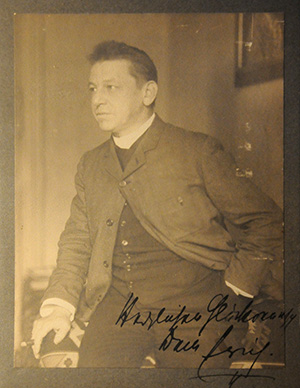

Erich seems to have been a well-known writer. He was the grandfather of my friend and genealogy co-enthusiast Hans-Lorenz Schlaikier.
On Google Books I found this entry from Die deutschsprachige Presse: Ein biographisch-bibliographisches Handbuch edited by Bruno Jahn. I scanned the text and then had Google translate it:
Schlaikjer, Erich, writer, born November 20, 1867 Aabenraa (Schleswig), † February 10. 1928 Berlin. The son of a freight forwarder attended the teachers' college in Hadersleben and worked as a primary school teacher. In 1892 he gave up his profession, worked as an actor and lived in Berlin as a freelance writer from 1894. S. was an employee of several newspapers (including the "Täglichen Rundschau"), narrator, playwright, columnist and author of textbooks and school books. His works include: the collection of short stories and sketches The Beauty Wanderer (1897), the Comedy Des Pastor Rieke (1902) and the collection of essays Im Struggling with Shame (1920). OTHER WORKS: Berliner Kampfe. Collected literary essays. Berlin-Schöneberg 1901. Outside of society. A drama. Munich 1908. The world of the dead. Contribution to occult problems. Berlin 1920.
Here are some of his books. I enjoyed hunting them down and purchasing them on the internet. Sadly, my German is not up to reading the whole volumes.
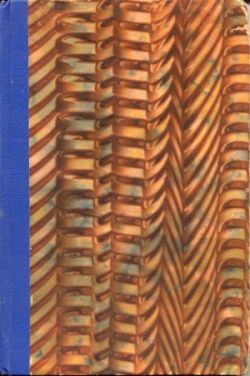
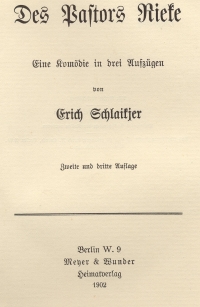
Des Pastors Rieke: Eine Komödie in 3 Aufzügen. 1902. Weird cover design! "Rieke" appears to be the name of the Pastor's female cook. The other characters (if I am reading the font correctly) are Pastor Hans Dahl; his sister Frau Dagmar von Heltzen auf Ulvshus; his brother Svend Dahl, a medical student; Malming, Swedish consul and owner of a sawmill; Old Krischan, a factotum; Christophersen, a cigarette worker; and Conrad Schmidt, a cobbler. Set in northern Schleswig, our ancestral province. The book is dedicated to "Jane". The genealogy lists Erich's wife as Laura Heldt.
Amazon shows a reference to this book in Volksbuhne Movement: A History.
In the back are advertisements for three other titles: Der Schönheitswanderer. Novellen und Stizzen; Hinrich Lornsen, Ein bürgerliches Trauerspiel in 3 Aufzügen; and Berliner Kämpfe, Gesammelte litterarische Aufsätze.
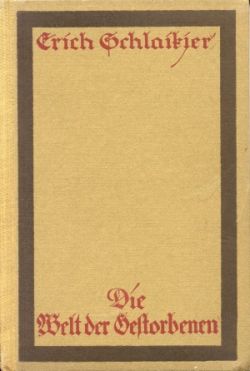
Die Welt der Gestorbenen - Ein Beitrag zu okkulten Problemen. 1920. "The World of the Dead".
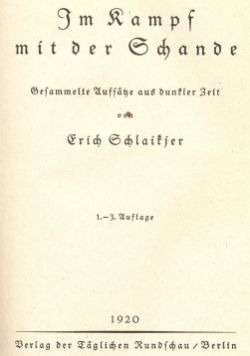
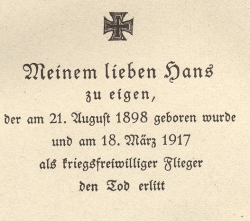
Im Kampf mit der Schande. 1920. "Struggling with Shame". I think it is the shame of World War I, in which he lost his first son in a plane crash (see image at right). Hence the interest in the occult? The genealogy shows that Erich had a second son, Erich Lor. Schlaikier, b 13Mar1901, who also became an author. And Erich's great-grandson Wolfram is a journalist today.
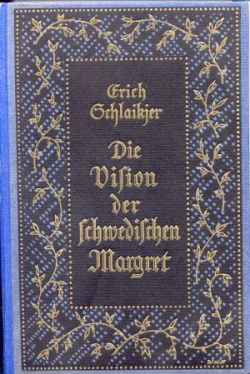
Die Vision der Schwedischen Margret. 1922. Three novellas.
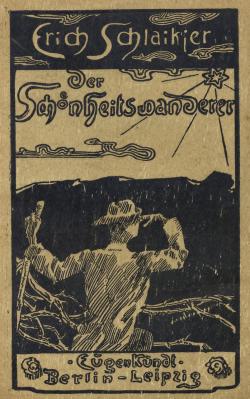
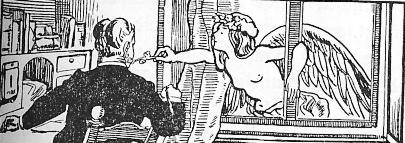
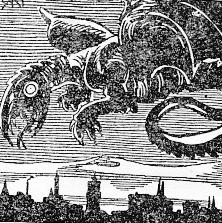
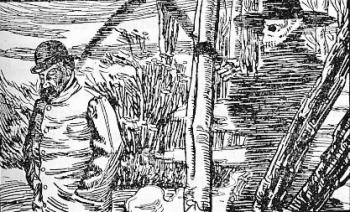
Der Schönheitswanderer. No date. Illustrations by Reinhold Neubauer.
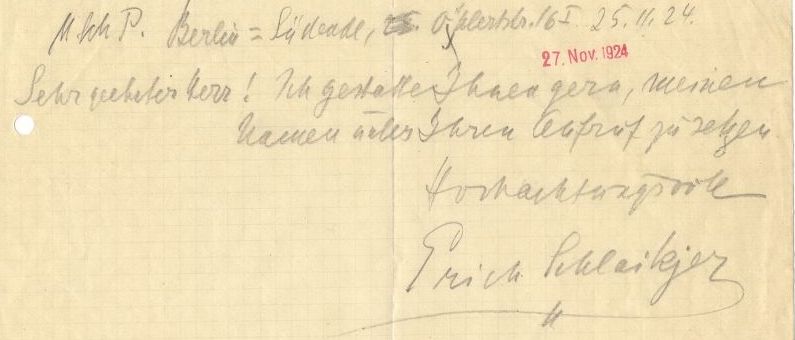
An Autographed letter from 1924, allowing a nature society (?) to use his name. Thanks to Carol for the transcription and translation.
(illegible)... Berlin: Suedende, Oehlerstr. 16 I, 25.11.24
Sehr geehrter Herr! Ich gestatte Ihnen gern, meinen Namen ueber Ihren Aufruf zu setzen.
Hochachtungsvoll,
Erich Schlaikjer
Berlin, South End, Oehlerstr. 16 I, 11/25/24
Dear Sir: I gladly give you permission to place my name above your appeal. (i.e. to use my name in your appeal)
Yours faithfully,
E.S.
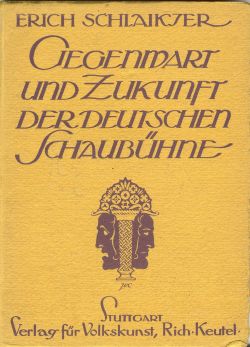
Gegenwart und Zukunft der Deutschen Schaubühne. No date. The Present and Future of the German Stage.
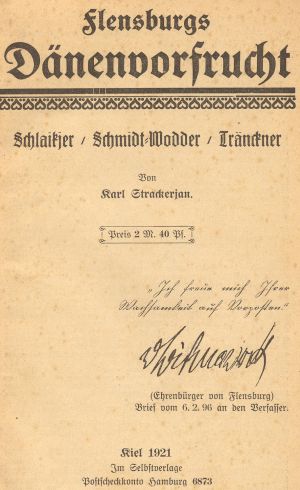
Now here is an interesting pamphlet from 1921 titled Flensburg Dänenvorfrucht, by a fellow named Karl Strackerjan. If you look at the map of Flensburg, you will see that it is the first big town in Germany after Åbenrå in Denmark. That Wiki article says Åbenrå was part of Prussia until 1921 -- the date of the pamphlet. The articles on the Easter Crisis and Schleswig Plebiscites are relevant.
Both Carol and Malene have promised to read and summarise the pamphlet (are you ladies reading this?). Carol had this to say:
Interesting stuff. From what I've read so far, Mr. Strackerjahn is the translator of the danish text by Erich Schlaikjer. On page one, the writing in smaller print are his translator notes. He seems to be a national socialist (nazi), and he refers to Erich Schlaikjer as a radical leftist (much to my surprise and delight!). The pamphlet is a self publication by Strackerjahn, probably meant to discredit Erich and his fellow patriots, about whom he (Strackerjahn) has a number of nasty things to say. It's a great read! The writing in larger print, starting at the bottom of the first page, is the text written by Erich, which Stackerjahn depicts as a call to arms to the Danish residents of North Schleswig, encouraging them to vote to make North Schleswig a part of Danemark and not Germany (which they eventually did, hence Strackerjahn's anger).
Back to Schlaikjer page